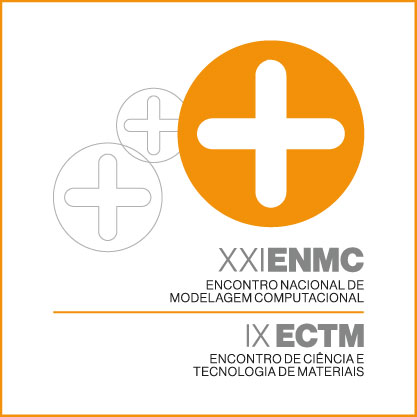THERMAL AND MECHANICAL PROPERTIES EFFECTS OF THE INCORPORATION OF KRAFT LIGNIN ON POLYETHYLENE TEREPHTHALATE
Abstract
In this work, polyethylene terephthalate (PETR), from soft drink bottles, kraft lignin (LF) and chemically modified lignin (LM) were used to form blends (PET/LF and PET/LM) with the aim to improve the mechanical properties of pure PET. PET/LF and PET/LM blends were produced in 0.5, 1, 3, and 5 wt% lignin. These polymers were processed by melt extrusion and injection molding. The characterization of the produced blends and of PETR were performed by Fourier transform infrared spectroscopy (FTIR), thermogravimetry analysis (TGA), differential scanning calorimetry (DSC) and mechanical properties (elasticity modulus and tensile strength), where the results were evaluated and compared. FTIR spectra showed the chemical modifications in LM sample while TGA results showed that LF is thermally more stable than LM. DSC results showed that glass transition temperature of PETR changes with the addition of the lignin. PET/LF blends have enough potential to be used as engineering material due to improving of their mechanical properties in relation to PETR. PET/LF blends, containing 0.5 wt% and 1.0 wt% lignin, showed an increase in both, elasticity modulus and tensile strength, showing that the interaction between the polymeric matrix and lignin is more efficient when lignin is in small contents.Downloads
Published
22-12-2018
Issue
Section
Ciência dos Materiais


